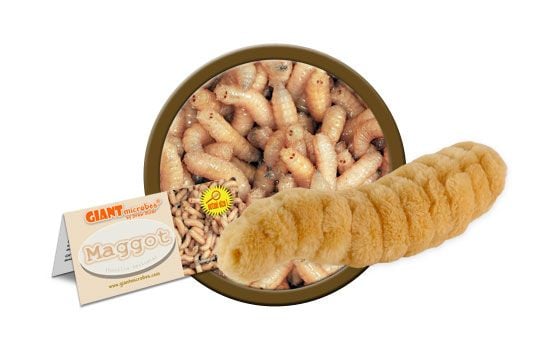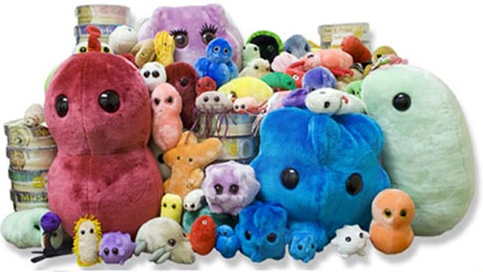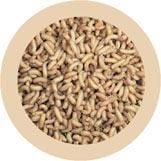Maggot (Lucilia sericata)
Product Details
Additional Information
| Sizes | Giantmicrobes are based on actual microbes, cells, organisms and other critters, only 1,000,000 times actual size! Gigantic (GG) 16-24" XL (XL) 10-15" Original (PD) 5-8" Keychain (KC) 2-4" with clip |
|---|---|
| Materials | Plush from all new materials. Stuffed with polyester fiber fill. Surface washable: sponge with water & soap, air dry. |
| Packaging | Each plush microbe includes a printed card with fun, educational and fascinating facts about the actual microbe or cell. |
| Safety | Every product meets or exceeds U.S. and European standards for safety. For ages 3 and up. |
All about Maggot (Lucilia sericata)
FACTS: Although maggots’ reputation is primarily derived from their tendency to feed on refuse and fecal matter, it is their taste for decomposing flesh that has earned them genuine approbation.
Since ancient times, maggots have helped save lives by efficiently and effectively cleaning wounds, including ones that might otherwise have been fatal. By devouring dead tissue, these fly larvae not only promote the growth of new tissue (which they studiously avoid), they also greatly reduce the chance of infection. Though maggot therapy was particularly useful before the discovery of modern antibiotics, there has been a resurgence of interest in the practice when conventional medicine falls short.
In addition, maggots have found a role to play where wounds or other misfortunes have in fact proven terminal: they have joined the fight against crime. Maggots are often the first-responders to a homicide; and they grow at a predictable rate. (Although flies are inactive when the temperature is cold, when it’s warm they can lay eggs within ten minutes of finding a corpse, and then the forensic clock starts ticking.) By examining the developmental stages of the maggots on a crime-scene corpse, forensic scientists can determine the time of death – and that information can be critical to determining who done it.
Of course, maggots like to relax too. They particularly enjoy fishing, and are often found waiting patiently in the best seat in the house.






